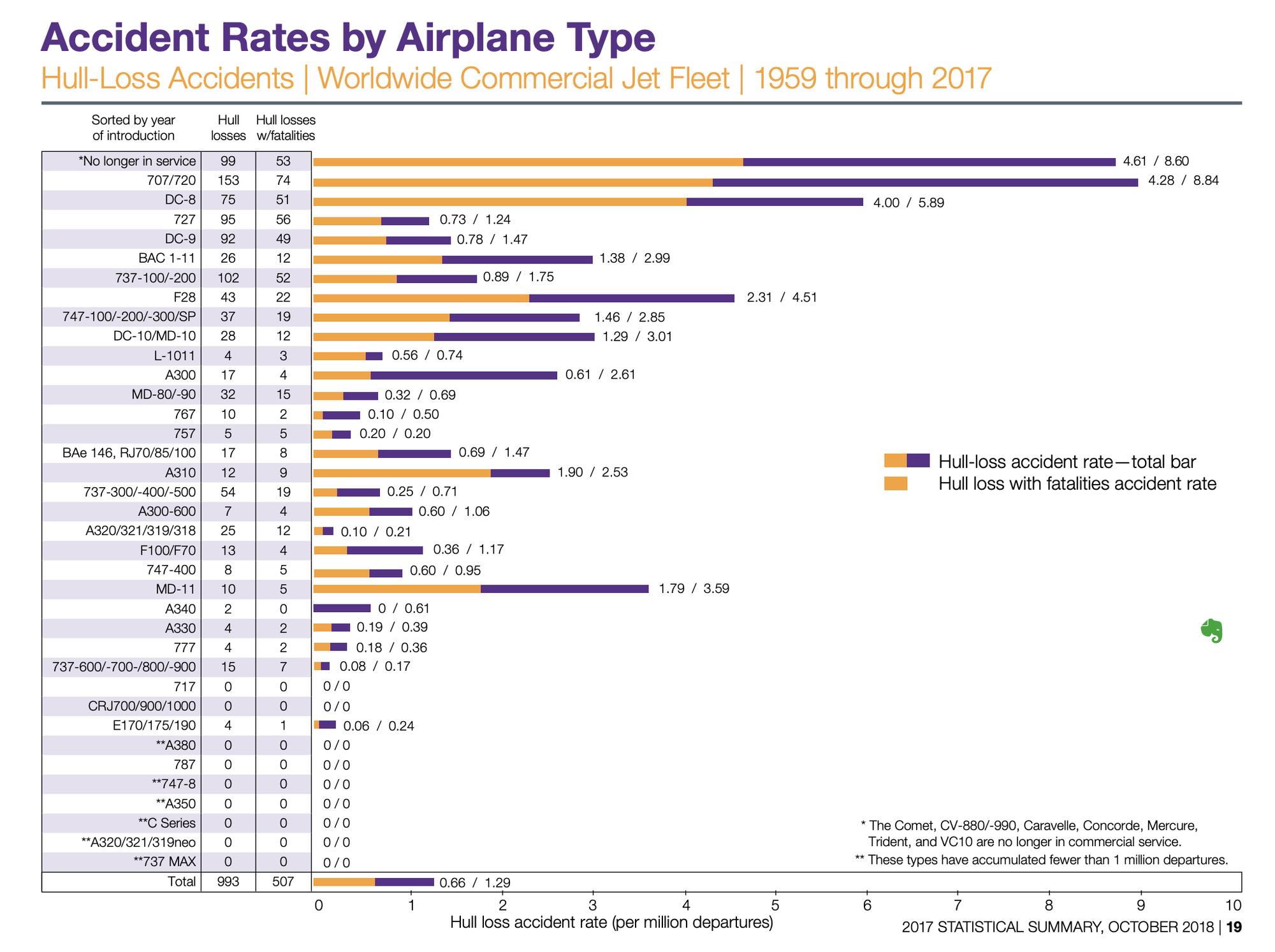Leadsled, fortunately I haven't had multiple conflicting warnings, that is my point. The fact that a single point of failure can generate so many bells and whistles speaks to the poor engineering & design that took a 1960's airframes and allowed Boeing to bypass most of the the modern certification. Boeing essentially ignoring all the lessons & human factors discoveries about the fragility of human performance under unexpected duress.
As time goes on we learn just how inadequate humans are in the chain for any degree of complex decision making with conflicting data. The research doesn't say we are getting better, we've never been good, and the engineering should reflect that, not fit the human in as primitive EICAS/ECAM.
You mention the crew that experienced the MCAS activation and landed successfully, guess what, they had a third set of eyes. Nobody can say if there would have been a different outcome with just two crew.
It is actually a true testament to skill and abilities of the global 737NG pilots that the accident rate is so remarkable low. Is this because globally 737NG pilots are inadequately trained? With 100+ million departures, I don't know how we can sustain that argument. Given the part number for the AoA vane is the same in both the NG and the MAX, there is likely no change in the rate of sensor failure rates.
This Boeing data was produced in October 2018, covering the period to the end of 2017, so the MAX shows 0 fatalities. The chart below is stunning to me, the safety of the 737NG operation is remarkable. Boeing & the industry did something right to sustain that level of safety since 1997.
What could possibly explain the difference between the NG and MAX? The pilots, Training or the aircraft itself?

Source:
Boeing Statistical Summary of Commercial Jet Airplane Accidents Worldwide Operations | 1959 – 2017